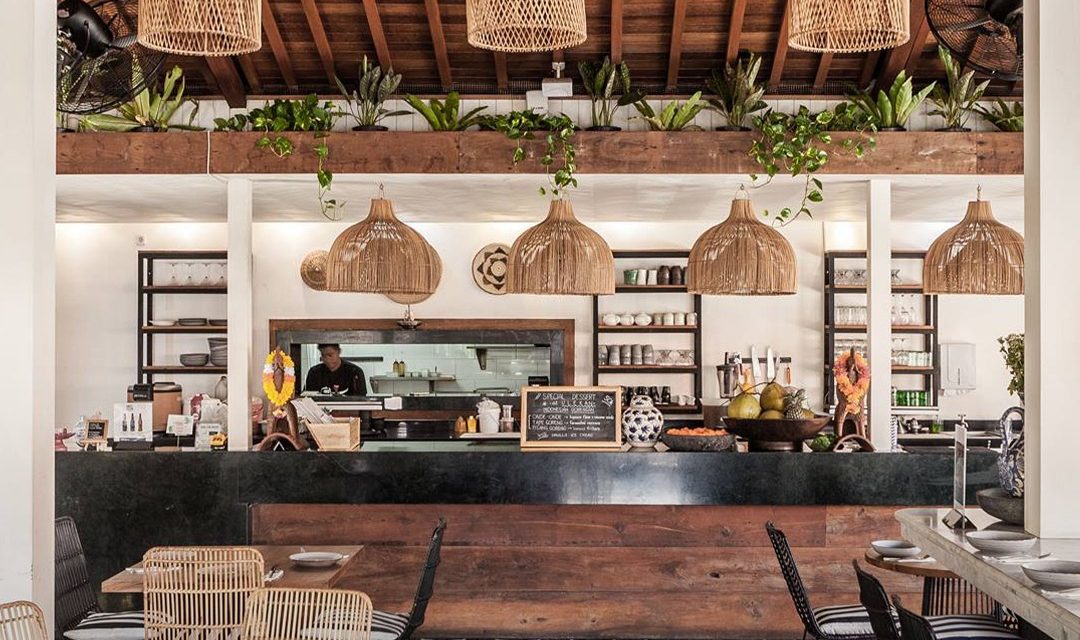When it comes to Ubud, Bali, most people’s first thoughts turn to lush rice terraces, soothing yoga retreats, and vibrant arts scenes. But let me share a little secret: Ubud is also a hidden gem for those who crave culinary adventures. As an enthusiastic traveler with a love for cooking, I found my paradise in the plethora of hands-on cooking classes in Ubud. These classes not only sharpen your culinary skills but also deepen your understanding of Bali’s rich culture.
Why Choose Hands-On Cooking Classes?
You might wonder, why should you take a cooking class while in this tropical haven? Imagine stepping into a quaint kitchen filled with fragrant herbs and spices, listening to the gentle sounds of nature outside. In these classes, you don’t just watch a chef perform tricks; you roll up your sleeves and dive into the experience.
Here’s a little anecdote from my travels: On my first day in Ubud, I signed up for a cooking class and was literally blown away. The moment I arrived at the kitchen, I was greeted with a welcoming smile and the aroma of freshly chopped lemongrass wafting in the air. Within minutes, I was chopping, blending, and frying alongside locals who were just as passionate about food as I was.
The Experience of Cooking with Locals
One of the most rewarding aspects of cooking classes in Ubud is the opportunity to work with local chefs who share their family recipes and culinary secrets. I remember a particular class where a wise and charismatic Balinese chef, Wayan, taught us how to make traditional Babi Guling (suckling pig). With every step, he shared stories about how his grandmother prepared it for family gatherings.
I can still hear his voice explaining the importance of each ingredient. “Coconut milk is the heart of Balinese cooking,” he would say, as he meticulously prepared the mixture of spices. His passion was infectious, and soon, I was excitedly balancing flavors and experimenting with spices under his watchful eye.
Unique Insights into Balinese Cuisine
Balinese cuisine is a celebration of flavors and textures, and I found that hands-on classes offer invaluable insights into how these dishes are crafted. For example, while learning to make *Nasi Goreng*, I discovered the art of balancing sweet, salty, and spicy elements. The moment I added a pinch of shrimp paste, I realized how much depth it added to the dish.
After the class, we proudly sat down to a lavish spread of all the dishes we had prepared. The communal meal brought us together, and I found myself chatting with fellow travelers from different corners of the world. Sharing food has a magical way of breaking down barriers and creating friendships—those are the moments that I treasure most.
Where to Find the Best Cooking Classes in Ubud
With so many options available, how do you choose the right hands-on cooking class? Here are a few tips based on my personal experiences:
1. Research and Reviews: Start by reading reviews online. Websites like TripAdvisor and Google Reviews can give you a sense of what previous participants enjoyed (or didn’t).
2. Ask About Ingredients: Ensure that the classes you’re interested in use fresh, local ingredients. Many schools even have their own gardens, where they grow the herbs and vegetables you’ll use.
3. Chef Expertise: Look for classes led by local chefs who have authentic culinary backgrounds. The best classes are those where chefs share not only recipes but also cultural stories.
4. Class Size: Smaller classes often allow for more individual attention. During my time in Ubud, I found that classes with less than ten people were more engaging.
5. Diversity in Dishes: Some classes offer a variety of dishes to prepare. I loved how one class let us explore an entire menu, from appetizers to desserts.
Practical Advice Before You Go
– Dress Comfortably: You’ll be on your feet, chopping and stirring, so wear clothes suitable for a cooking session. I made the rookie mistake of wearing my best travel outfit on my first day, and let’s just say, the turmeric stains were not easy to remove!
– Don’t Be Afraid to Experiment: One thing I learned in cooking classes is that mistakes are part of the process. Embrace them! The chef often encourages everyone to tweak recipes based on personal preferences.
– Bring a Journal: You’ll probably learn a lot of new techniques and recipes. I wish I had brought a journal to jot down notes and personal reflections at the end of each class.
Conclusion: More Than Just Cooking
Hands-on cooking classes in Ubud are another layer of the enriching experience this magical place offers. They allow you to engage with the local culture, meet interesting people, and create lasting memories. Whether you’re a novice in the kitchen or a seasoned chef, there’s something about cooking here that feels uniquely rewarding. So, the next time you find yourself in Ubud, don’t just admire the scenery—get your hands dirty and dive into the culinary heart of Bali. Who knows? You might just leave with a new favorite dish and a deeper connection to this enchanting island. Happy cooking!






